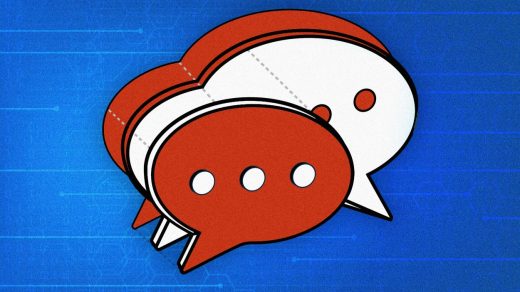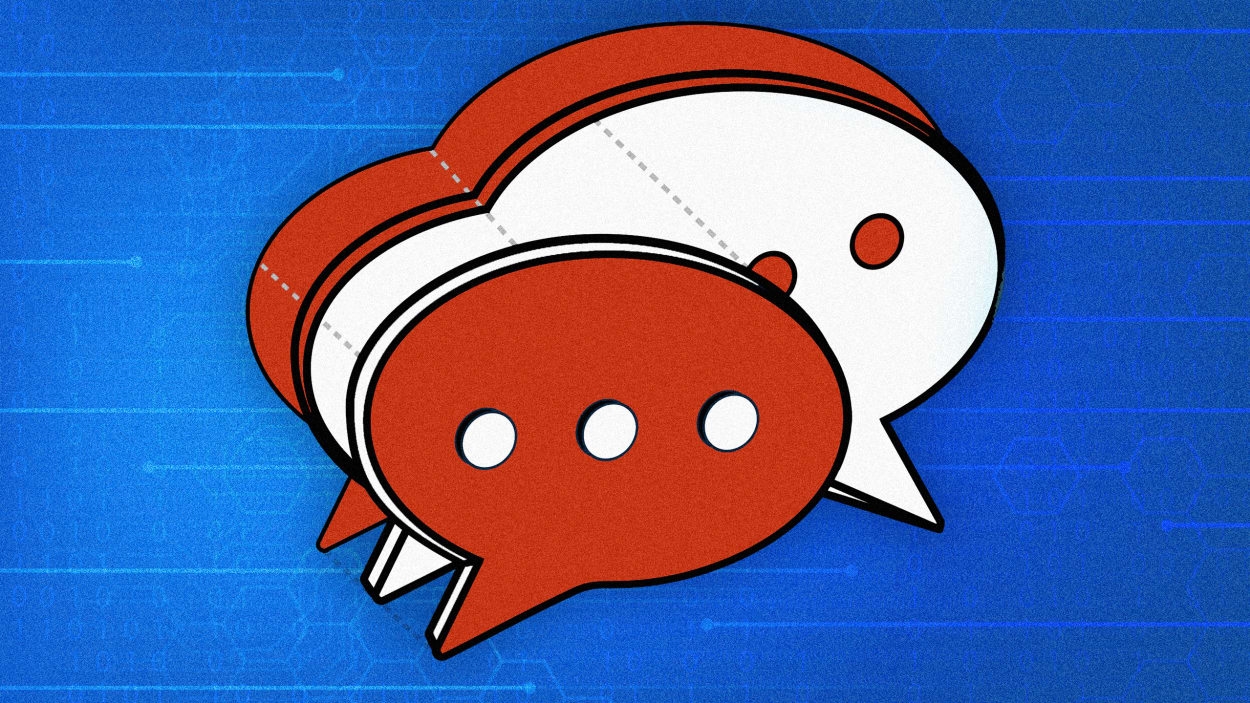Why are Chinese tech giants silencing ChatGPT?
China’s government has told its leading tech companies to crack down on ChatGPT, according to reporting from Nikkei Asia. Growing alarm about the AI’s uncensored replies to users’ questions—which some Chinese media outlets have dubbed American propaganda—has made internet regulators anxious to shut the chatbot up.
OpenAI never officially launched the bot in China to begin with, referring vaguely to conditions that made it “difficult or impossible” to operate in the country in a way that was consistent with its mission. Still, given ChatGPT’s effusive popularity, Chinese users have found creative ways around the firewall by using private networks or international phone numbers.
Now, government regulators are looking to block off those inroads too. Tencent Holdings—which controls the massively popular social media platform WeChat—and Alibaba have both been instructed to get rid of any access points to ChatGPT on their online platforms, sources close to the matter told Nikkei Asia. Reports of the regulations caused Chinese artificial intelligence stock prices, such as Hanwang Technology Co. and Beijing Haitian, to drop significantly.
Last month, a state investment fund took influential golden shares in subsidiaries of Tencent and Alibaba, signaling the government’s interest in shoring up its influence within the country’s powerful tech industry.
The meteoric rise of AI with natural-language capabilities, which can generate essay-like answers to just about any question, has disrupted the status quo in a country where the government maintains tight control over all forms of media both on- and off-line. ChatGPT’s unfettered responses to politically sensitive questions could seriously undermine these controls.
One tech executive told Nikkei Asia that the companies themselves would ultimately be held accountable for whatever potentially incendiary comments generative AI might make on their platforms. This has left China’s tech giants in a tricky position, at once trying to compete in the global AI race and operate within party lines.
Many are racing to develop homegrown and government-approved substitutes. Baidu has announced plans to roll out its own generative AI feature sometime in March, which it’s calling “Ernie Bot.” In a series of very carefully worded announcements, the company has stressed that any generative AI features will be “ChatGPT-like,” without actually incorporating ChatGPT.
Fast Company reached out to Tencent and Alibaba for comment, and will update this post if we hear back.
(16)



